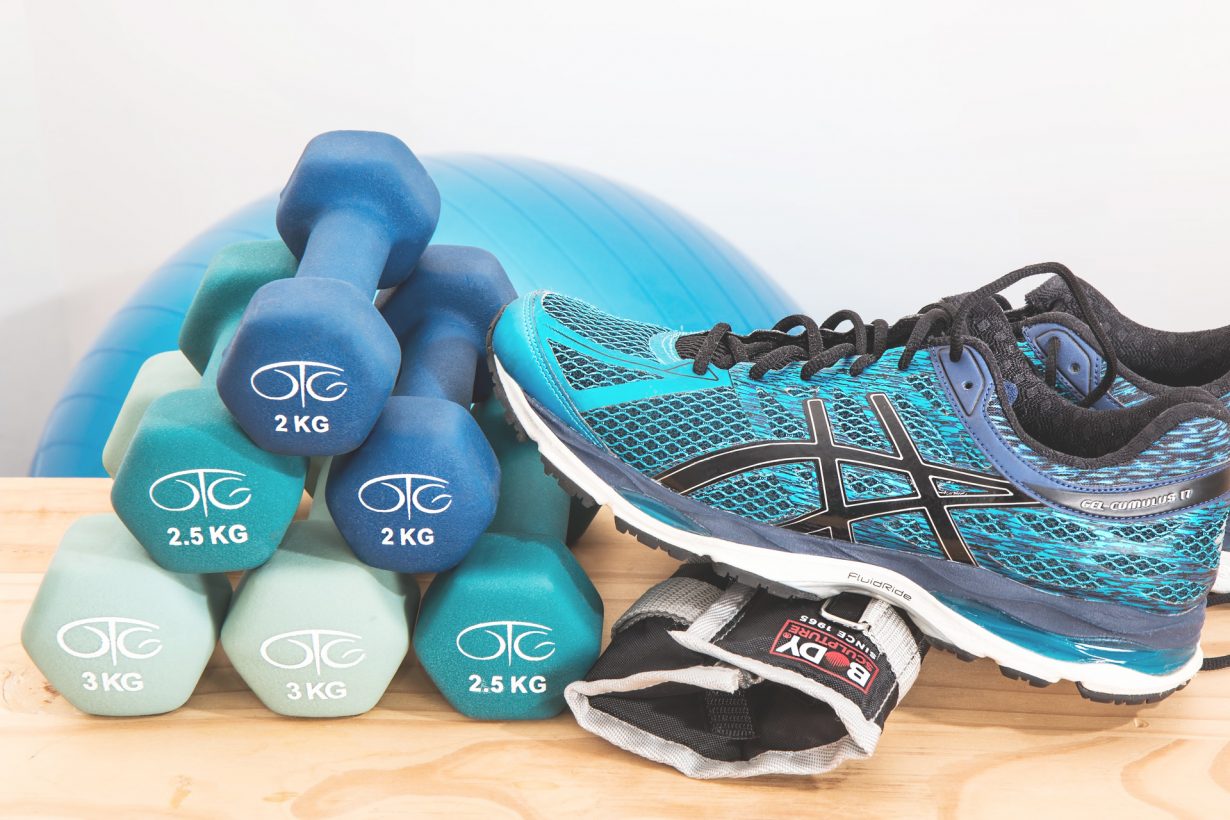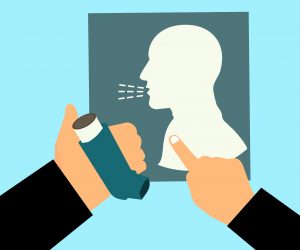
Exercise Can Now Be Prescribed Like Medicine for People With and Beyond Cancer
Penn State College of Medicine via News Wise – It’s well known that exercise is good for preventing and treating many forms of heart disease, but less commonly known are the benefits of physical activity for people living with and beyond cancer.
Newswise — It’s well known that exercise is good for preventing and treating many forms of heart disease, but less commonly known are the benefits of physical activity for people living with and beyond cancer.
A new initiative called Moving Through Cancer — led by Kathryn Schmitz, professor of public health sciences at Penn State College of Medicine, and an international team of health practitioners and researchers — is hoping to change that.
In a paper published today (Oct. 16) in CA: A Cancer Journal for Clinicians, Schmitz and her fellow researchers outline new exercise recommendations for people living with and beyond cancer.
“With more than 43 million cancer survivors worldwide, we have a growing need to address the unique health issues facing people living with and beyond cancer and better understand how exercise may help prevent and control cancer,” said Schmitz, who is also a member of the Penn State Cancer Institute. “This esteemed, multidisciplinary group of leaders on the forefront of exercise oncology aimed to translate the latest scientific evidence into practical recommendations for clinicians and the public and to create global impact through a unified voice.”
According to the researchers, exercise is important for cancer prevention and can lower the risk of developing colon, breast, endometrial, kidney, bladder, esophagus and stomach cancers. Exercise during and after cancer treatment can help improve fatigue, anxiety, depression, physical function, and quality of life, and can also help improve survival after a breast, colon or prostate cancer diagnosis.
Depending on the patient’s activity levels and abilities, the researchers generally recommend 30 minutes of moderately intense aerobic exercise three times a week and 20 to 30 minutes of resistance exercise twice a week.
But, Schmitz said health care professionals can also customize exercise prescriptions to individual patients.
“Through our research, we’ve reached a point where we can give specific FITT exercise prescriptions — which means frequency, intensity, time and type — for specific outcomes like quality of life, fatigue, pain and others,” Schmitz said. “For example, if we’re seeing a head and neck cancer patient with a specific set of symptoms, we could give them an exercise prescription personalized to them.”
The recommendations are one result of a roundtable of experts formed by Schmitz and the American College of Sports Medicine (ACSM) to review the latest scientific evidence and offer recommendations about the benefits of exercise for prevention, treatment, recovery and improved survival for people living with and beyond cancer.
Related Articles:
Schmitz said the recommendations will help with one of the premier goals of Moving Through Cancer: raising public awareness about the benefits of exercise for people living with and beyond cancer by 2029.
“Currently, an average person on the street will know that exercise is good for preventing and treating heart disease, but not for melanoma,” Schmitz said. “We want to change that. When researchers in the 1950s built an evidence base for exercise and heart disease, there was a shift in public knowledge about that connection. It’s now time for the same thing to happen with exercise and cancer.”
Schmitz said the second piece of the initiative is resources and programs to help get people with and beyond cancer moving. The Moving Through Cancer website has an exercise program registry that can help patients, families, health care providers and others find programs near them.
The final piece is policy, Schmitz said, which could be used to increase the likelihood that health care professionals will talk to their patients about exercise and that patients will be adequately referred as they move through cancer.
Two additional papers were published today (Oct. 16) as part of the initiative in the ACSM research journal Medicine & Science in Sports & Exercise. The papers — titled “American College of Sports Medicine Roundtable Report on Physical Activity, Sedentary Behavior, and Cancer Prevention and Control” and “Exercise Guidelines for Cancer Survivors: Consensus Statement from International Multidisciplinary Roundtable” — detail specific outcomes and guidance.
Schmitz said that combined, all three papers are a call to action for health care professionals and policy makers to help guide awareness and practice of exercise as medicine for people living with and beyond cancer.
“This is the center of my professional heart,” Schmitz said. “My mission for a decade now has been that I want exercise to be as ubiquitous in cancer care as it is in cardiac disease care, only better. The new recommendations and guidance are a tool that can help make that a reality.”
Partner organizations that participated in the roundtable include: ACSM, American Cancer Society, the National Cancer Institute — part of the National Institutes of Health, American Academy of Physical Medicine and Rehabilitation, American College of Lifestyle Medicine, American Physical Therapy Association, American Society of Clinical Oncology, Canadian Society of Exercise Physiology, Centers for Disease Control and Prevention, Commission on Accreditation for Rehabilitation Facilities, German Union for Health Exercise, Exercise and Sport Science Australia, Macmillan Cancer Support, National Comprehensive Cancer Network, Royal Dutch Society for Physical Therapy, Society of Surgical Oncology and Sunflower Wellness.
To read the original article click here.






